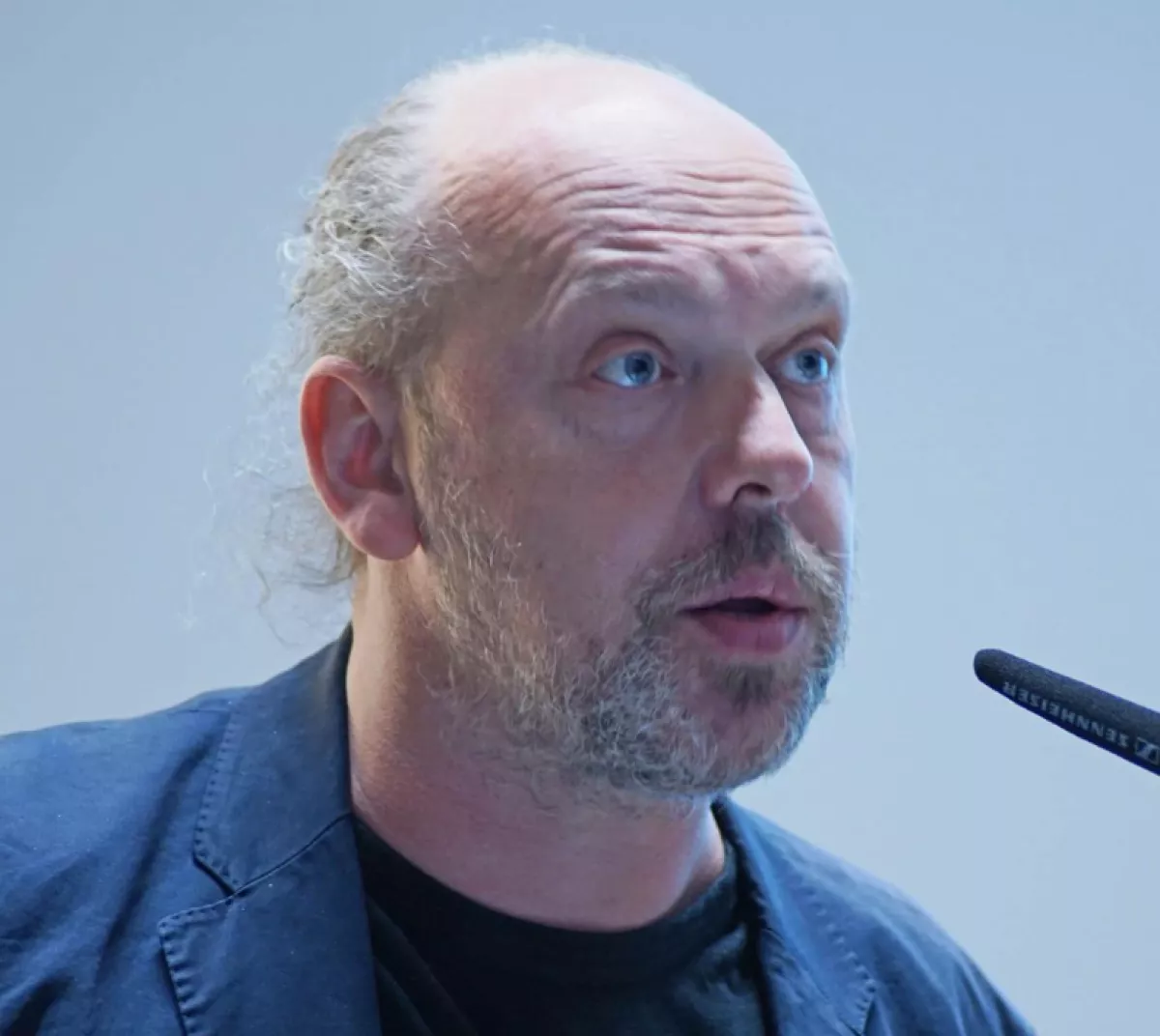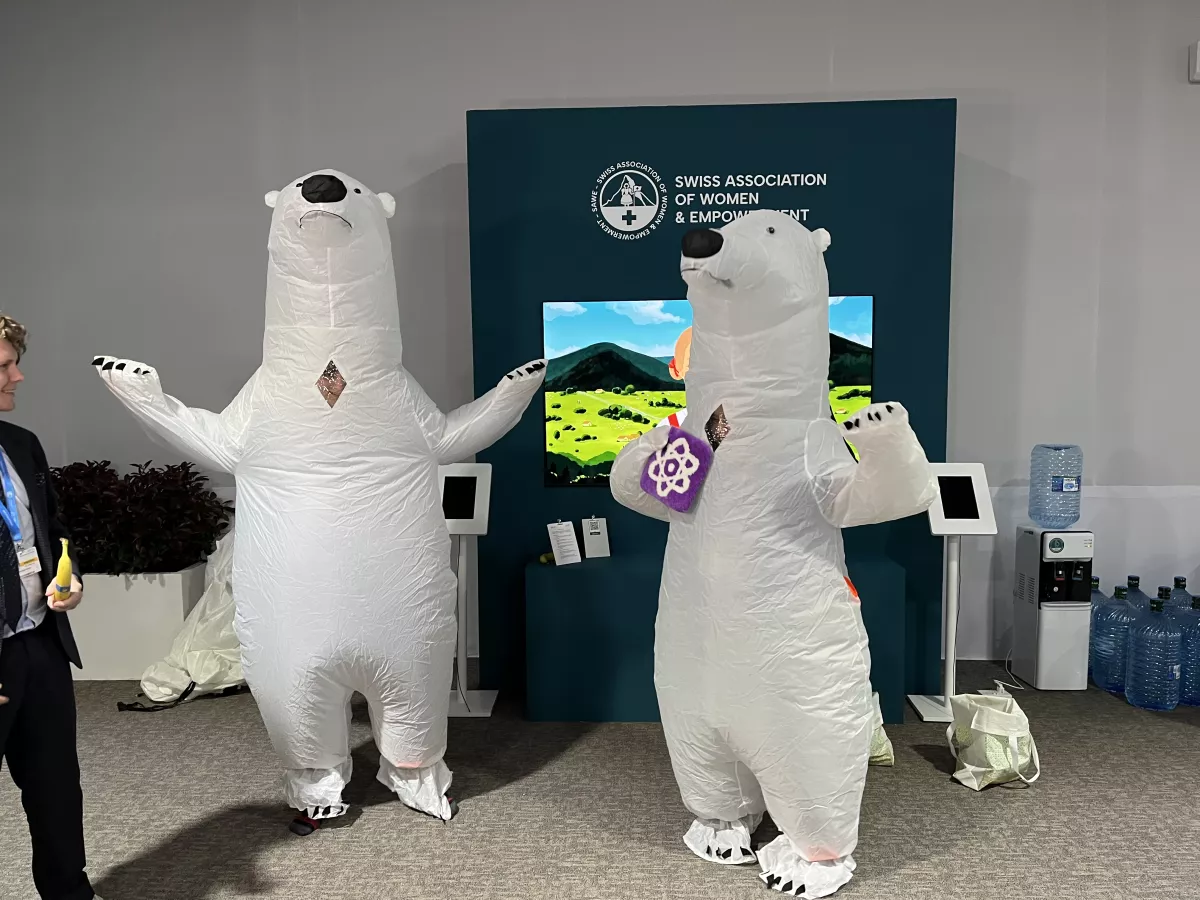Armenia must prioritize green energy to avoid potential catastrophe Expert insights
In an exclusive interview with Caliber.Az, Vladimir Slivyak, a prominent Russian environmentalist, editor of Below Two Degrees, and co-chair of the environmental group Ecodefense, shares his insights on pressing environmental issues and the challenges facing global climate action.

— On the very first day of COP29, the participating countries agreed to approve the mechanism of Article 6 of the Paris Agreement on climate, which lays the foundation for carbon trading. Many environmental analysts have already called this agreement a significant breakthrough for COP29 in addressing climate change. How do you assess these outcomes?
— This is indeed a very important decision, one that has taken a long time to finalize, and now it has been adopted. Some countries have expressed dissatisfaction, claiming they were essentially pressured to approve the agreement quickly without much deliberation. However, given the large number of participating nations, differing opinions were to be expected. The decision has been made, and it paves the way for carbon markets, which can now channel funds toward developing climate projects in other countries.
I've been attending COP since 1995, and I can say that the topic of emissions trading has been around for a very long time. What’s crucial here is how this emissions trading policy will be implemented and what the rules of the game will be. In a worst-case scenario, it could result in oil and gas companies or nations paying others to reduce emissions domestically while making no changes to their own environmental agendas. It’s vital to ensure that the funds allocated by these countries are genuinely invested in effective climate projects in other nations rather than wasted or misused.
The mechanism for controlling the implementation of Article 6 is something I believe the participating countries will continue to discuss during COP29. We’ll have to wait and see what comes out of these deliberations.
— What other fundamentally important issues, in your view, are currently being discussed at COP29?
— I would highlight the ongoing efforts to raise funds for poorer countries to compensate for climate change-related damage. This damage primarily refers to natural disasters caused by steadily rising global temperatures, such as floods, hurricanes, droughts, and other anthropogenic effects. Unfortunately, the necessary funds have yet to be secured.
Currently, there’s a push for wealthy nations to increase their contributions to a total of $1 trillion—an amount calculated to address the damage already incurred. These wealthy nations, primarily Western countries, are historically responsible for a significant share of emissions that have led to climate change. They bear a historical responsibility for this issue. Essentially, the conversation revolves around how the wealthy are attempting to compensate for the harm they have caused to the poor. However, wealthy countries are not particularly eager to pay up—this has always been a point of contention in climate negotiations.
There is also talk that China might join the group of donor countries, but for now, these remain just discussions.
— Another significant and intriguing aspect of COP29 is the presence of those lobbying for the development of the nuclear industry—a sector seemingly far removed from green energy. At the same time, there were many who vehemently opposed it. One particularly memorable event was the "Radioactive Bears" demonstration organized by nuclear energy lobbyists, which drew attention from guests and participants at the conference.
— Yes, COP29 saw numerous debates and clashes on this topic, including live demonstrations from both supporters and opponents. The aggressive lobbying for nuclear energy is, undoubtedly, a concerning development. It’s largely driven by the financial resources and influence of the nuclear industry, which fears losing its footing in the energy sector if, for example, countries begin to massively shift away from it.
It’s important to understand that nuclear energy is an extremely costly and complex sector to implement, unlike green technologies such as solar and wind energy, which can be launched almost immediately. For instance, experience shows that building a nuclear power plant typically takes around 10 years, and in many cases, people in countries relying on this energy source wait even longer for these plants to become operational. In contrast, a large solar energy facility can be up and running in less than a year.

Today, waiting years to attempt to address climate change is simply not an option—we just don’t have that kind of time. Moreover, the nuclear industry requires enormous investments and resources to become profitable and deliver returns, typically with significant state involvement. For instance, you cannot launch a small-scale nuclear power plant to supply energy to an individual town. In contrast, the development of renewable energy sources effectively addresses this issue.
— In neighbouring Armenia, the Metsamor Nuclear Power Plant, a relic of the Soviet era, continues to operate without any environmental safety guarantees. According to EU experts as far back as 20 years ago, this plant has long exceeded its operational lifespan and poses a serious threat to the ecology of the South Caucasus. How do you assess this threat?
— Undoubtedly, this plant presents a significant danger to the region. I would urge Armenia to seriously consider transitioning its economy to green energy sources, much like Azerbaijan is currently making an energetic "green transition." It’s crucial to think about the future and the potential catastrophe this could lead to tomorrow.
I would argue that a fundamental reassessment of the issue is necessary, as the evidence suggests this is more a matter of political choice than economic necessity. Some conservative countries continue to rely on nuclear energy, firmly believing in its efficiency, while others acknowledge the obvious: to achieve greater sustainability and cost-effectiveness, approaches in this domain must evolve. Ultimately, it is a matter of subjective preference, and this choice can be re-evaluated without incurring significant risks to the nation or society.








